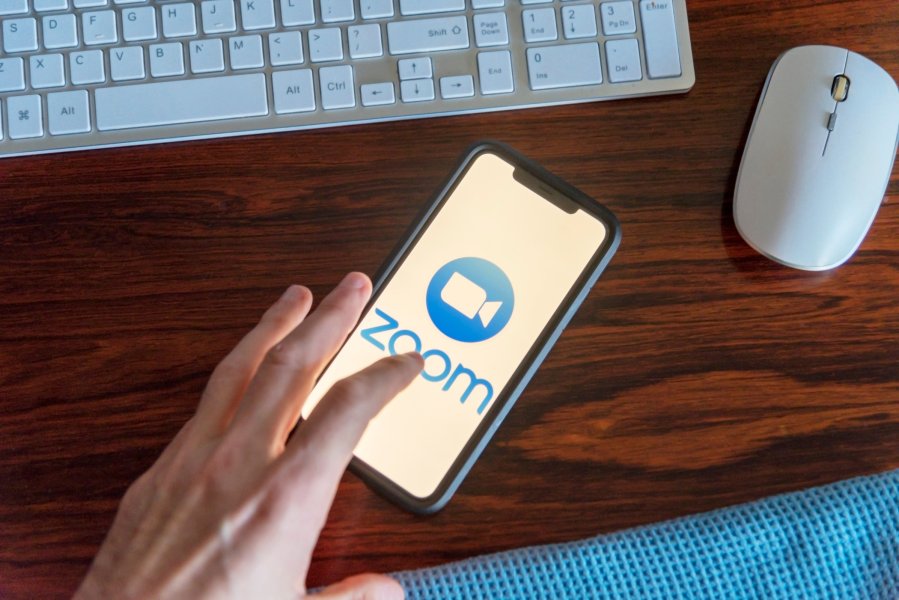Zoom Video Communications Inc. will give complete end-to-end authentication to all customers, available and compensated, falling victim to tension from representatives of employees and the president who have pushed the teleconferencing corporation to strengthen confidentiality.
Those who use the platform without any charge may have to check their contact information to even get access to the highest degree of protection, Zoom chief executive Eric Yuan said during a blog post on Wednesday. End-to-end authentication would make it difficult for the third-party companies to discern communication systems but would mean that participants would not be able to call a Zoom meeting on a phone line
“We are also happy to offer that we have identified the way forward that includes the legitimate claim of all customers to confidentiality as well as the safety of the people on our channel,” Yuan said. Verifying the recognition of the eligible participants would benefit the country in the fight against the unfair treatment that is taking place on its app, he said.
San Jose, a California-based corporation, said it expects to start researching data security in July. Zoom said that it would purchase the whole feature to huge corporate clients who paid for the service. About 70,000 web users announced bilateral signatures in the week calling on Zoom to provide full authentication to everyone in the value of cybersecurity for all those who can’t really afford a membership. U.S. — Senators Sherrod Brown, an Ohio Democratic, and Richard Blumenthal, a Democrat from Connecticut, screamed at the tech manufacturer for not providing end-to-end protection, while the firm had said it had done so previously.
Whilst the inventory has almost increased this year; Zoom has had a number of disputes over security and privacy. And during a coronavirus disease outbreak, as millions of people, were utilizing the video conferencing app to stay in contact with friends, dear ones and families, bullies started to disrupt calls with puerile, lewd and racial videos, a trend known as Zoombombing. Again when researchers found occurrences when Zoom conferences and their related encryption have been redirected through servers in China, while no one mostly on call was predicated there, the company pledged to provide full authentication to soothe issues that Zoom was not safe.
Yuan said during an earnings report this month that he’d never offer free users full authentication so that Zoom could operate with both the bureau of investigation and local police departments to recognize people who have committed crimes during video-conference conferences. Subsequently, this same company clarified these other comments after the user was appalled by the links with law enforcement agencies.
